We live in a world that has sufficient resources, means, and knowledge to solve these problems, yet our leaders struggle to find the political courage to tackle them. The blight of poverty demands a powerful and practical moral response to its causes and the impact of poverty on people's lives. A clear change in direction is urgently needed.
Climate change is a looming disaster which is already having dramatic impacts, yet meaningful action has been paralyzed. Global warming is causing harm and suffering to vulnerable communities, with increasing frequency of weather related disasters and volatile food prices. Unfair access to natural resources - land, water, energy – is deepening the inequality that hits the poorest hardest. Ending extreme poverty and inequality is within the reach of this generation to demand their basic rights, turn the trend of inequality, and create their own solutions together. GRONET's contribution is to use an integrated approach, reducing poverty by addressing the causes of poverty, locally and nationally. We set local communities and the voices of women, men and young people at the centre of change.
Through this intervention, we put pressure on the government and stake holders to support human development, dignity and wellbeing hence ending discrimination, exclusion and poverty. This is achieved through crucial campaigning that draws on our advocacy in support of policies and practice that underpin justice and well-being. We live in a world that has sufficient resources, means, and knowledge to solve these problems, yet our leaders struggle to find the political courage to tackle them. The blight of poverty demands a powerful and practical moral response to its causes and the impact of poverty on people's lives. A clear change in direction is urgently needed. Climate change is a looming disaster which is already having dramatic impacts, yet meaningful action has been paralyzed. Global warming is causing harm and suffering to vulnerable communities, with increasing frequency of weather related disasters and volatile food prices. Unfair access to natural resources - land, water, energy – is deepening the inequality that hits the poorest hardest.
Ending extreme poverty and inequality is within the reach of this generation to demand their basic rights, turn the trend of inequality, and create their own solutions together. GRONET's contribution is to use an integrated approach, reducing poverty by addressing the causes of poverty, locally and nationally.
We set local communities and the voices of women, men and young people at the centre of change. Through this intervention, we put pressure on the government and stake holders to support human development, dignity and wellbeing hence ending discrimination, exclusion and poverty. This is achieved through crucial campaigning that draws on our advocacy in support of policies and practice that underpin justice and well-being. we support people to claim and exercise their basic rights, to life and security, a sustainable livelihood, and the most essential services to sustain life such as health and education. Equally, campaigning to arrest runaway climate change is part of our effort to prevent natural disasters and adapt to environmental conditions.
We are developing the understanding of what is needed to reduce poverty in varied and complex circumstances. Investment in small-scale farming, particularly women farmers, can make big inroads on poverty. There is much to learn from the experiences of large-scale poverty reduction in Asia. Other countries have demonstrated that effective tax systems to finance good quality public services, such as health and education, can reduce poverty and inequality, we sought this to happen here.
Our goal is redistribution for greater equality of income, and of power of poor people; matched by the solidarity of concerned people in rich communities working to change their governments' policies and behavior. We also push for meaningful social protection to ensure that peoples' most basic needs are met and to avoid the exclusion that perpetuates the deepest poverty. We are also demanding equitable sharing of natural resources. For example, extractive industries need to become more transparent, and environmentally and socially responsible. This means fair sharing of revenues with local communities and equitable contributions of royalties and taxes to national governments. This requires progressive taxation policies of the governments to address gross inequalities and enable redistribution, while at the national level, more coordinated efforts to tackle the scourge of corruption which costs poor communities and poor people vast amounts of revenue
We work on resilience to focus on creating opportunities for young people whose future is threatened by the failure of the current generation of leaders to tackle unemployment and other problems blighting the lives of young people. All work is based on people working together, building communities of progress and pressure, influence, informal leadership and political action.
we support people to claim and exercise their basic rights, to life and security, a sustainable livelihood, and the most essential services to sustain life such as health and education. Equally, campaigning to arrest runaway climate change is part of our effort to prevent natural disasters and adapt to environmental conditions. We are developing the understanding of what is needed to reduce poverty in varied and complex circumstances. Investment in small-scale farming, particularly women farmers, can make big inroads on poverty. There is much to learn from the experiences of large-scale poverty reduction in Asia. Other countries have demonstrated that effective tax systems to finance good quality public services, such as health and education, can reduce poverty and inequality, we sought this to happen here.
Our goal is redistribution for greater equality of income, and of power of poor people; matched by the solidarity of concerned people in rich communities working to change their governments' policies and behavior. We also push for meaningful social protection to ensure that peoples' most basic needs are met and to avoid the exclusion that perpetuates the deepest poverty.
We are also demanding equitable sharing of natural resources. For example, extractive industries need to become more transparent, and environmentally and socially responsible. This means fair sharing of revenues with local communities and equitable contributions of royalties and taxes to national governments. This requires progressive taxation policies of the governments to address gross inequalities and enable redistribution, while at the national level, more coordinated efforts to tackle the scourge of corruption which costs poor communities and poor people vast amounts of revenue.
We work on resilience to focus on creating opportunities for young people whose future is threatened by the failure of the current generation of leaders to tackle unemployment and other problems blighting the lives of young people. All work is based on people working together, building communities of progress and pressure, influence, informal leadership and political action.
Climate change is a looming disaster which is already having dramatic impacts, yet meaningful action has been paralyzed. Global warming is causing harm and suffering to vulnerable communities, with increasing frequency of weather related disasters and volatile food prices. Unfair access to natural resources - land, water, energy – is deepening the inequality that hits the poorest hardest. Ending extreme poverty and inequality is within the reach of this generation to demand their basic rights, turn the trend of inequality, and create their own solutions together. GRONET's contribution is to use an integrated approach, reducing poverty by addressing the causes of poverty, locally and nationally. We set local communities and the voices of women, men and young people at the centre of change.
Through this intervention, we put pressure on the government and stake holders to support human development, dignity and wellbeing hence ending discrimination, exclusion and poverty. This is achieved through crucial campaigning that draws on our advocacy in support of policies and practice that underpin justice and well-being. We live in a world that has sufficient resources, means, and knowledge to solve these problems, yet our leaders struggle to find the political courage to tackle them. The blight of poverty demands a powerful and practical moral response to its causes and the impact of poverty on people's lives. A clear change in direction is urgently needed. Climate change is a looming disaster which is already having dramatic impacts, yet meaningful action has been paralyzed. Global warming is causing harm and suffering to vulnerable communities, with increasing frequency of weather related disasters and volatile food prices. Unfair access to natural resources - land, water, energy – is deepening the inequality that hits the poorest hardest.
Ending extreme poverty and inequality is within the reach of this generation to demand their basic rights, turn the trend of inequality, and create their own solutions together. GRONET's contribution is to use an integrated approach, reducing poverty by addressing the causes of poverty, locally and nationally.
We set local communities and the voices of women, men and young people at the centre of change. Through this intervention, we put pressure on the government and stake holders to support human development, dignity and wellbeing hence ending discrimination, exclusion and poverty. This is achieved through crucial campaigning that draws on our advocacy in support of policies and practice that underpin justice and well-being. we support people to claim and exercise their basic rights, to life and security, a sustainable livelihood, and the most essential services to sustain life such as health and education. Equally, campaigning to arrest runaway climate change is part of our effort to prevent natural disasters and adapt to environmental conditions.
We are developing the understanding of what is needed to reduce poverty in varied and complex circumstances. Investment in small-scale farming, particularly women farmers, can make big inroads on poverty. There is much to learn from the experiences of large-scale poverty reduction in Asia. Other countries have demonstrated that effective tax systems to finance good quality public services, such as health and education, can reduce poverty and inequality, we sought this to happen here.
Our goal is redistribution for greater equality of income, and of power of poor people; matched by the solidarity of concerned people in rich communities working to change their governments' policies and behavior. We also push for meaningful social protection to ensure that peoples' most basic needs are met and to avoid the exclusion that perpetuates the deepest poverty. We are also demanding equitable sharing of natural resources. For example, extractive industries need to become more transparent, and environmentally and socially responsible. This means fair sharing of revenues with local communities and equitable contributions of royalties and taxes to national governments. This requires progressive taxation policies of the governments to address gross inequalities and enable redistribution, while at the national level, more coordinated efforts to tackle the scourge of corruption which costs poor communities and poor people vast amounts of revenue
We work on resilience to focus on creating opportunities for young people whose future is threatened by the failure of the current generation of leaders to tackle unemployment and other problems blighting the lives of young people. All work is based on people working together, building communities of progress and pressure, influence, informal leadership and political action.
we support people to claim and exercise their basic rights, to life and security, a sustainable livelihood, and the most essential services to sustain life such as health and education. Equally, campaigning to arrest runaway climate change is part of our effort to prevent natural disasters and adapt to environmental conditions. We are developing the understanding of what is needed to reduce poverty in varied and complex circumstances. Investment in small-scale farming, particularly women farmers, can make big inroads on poverty. There is much to learn from the experiences of large-scale poverty reduction in Asia. Other countries have demonstrated that effective tax systems to finance good quality public services, such as health and education, can reduce poverty and inequality, we sought this to happen here.
Our goal is redistribution for greater equality of income, and of power of poor people; matched by the solidarity of concerned people in rich communities working to change their governments' policies and behavior. We also push for meaningful social protection to ensure that peoples' most basic needs are met and to avoid the exclusion that perpetuates the deepest poverty.
We are also demanding equitable sharing of natural resources. For example, extractive industries need to become more transparent, and environmentally and socially responsible. This means fair sharing of revenues with local communities and equitable contributions of royalties and taxes to national governments. This requires progressive taxation policies of the governments to address gross inequalities and enable redistribution, while at the national level, more coordinated efforts to tackle the scourge of corruption which costs poor communities and poor people vast amounts of revenue.
We work on resilience to focus on creating opportunities for young people whose future is threatened by the failure of the current generation of leaders to tackle unemployment and other problems blighting the lives of young people. All work is based on people working together, building communities of progress and pressure, influence, informal leadership and political action.

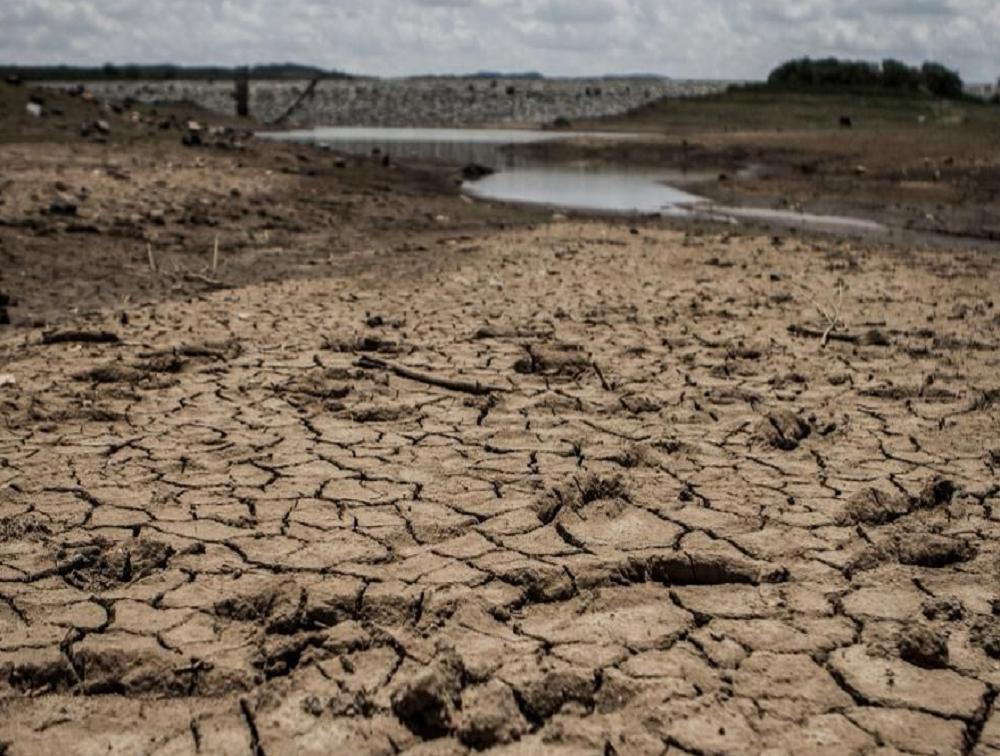
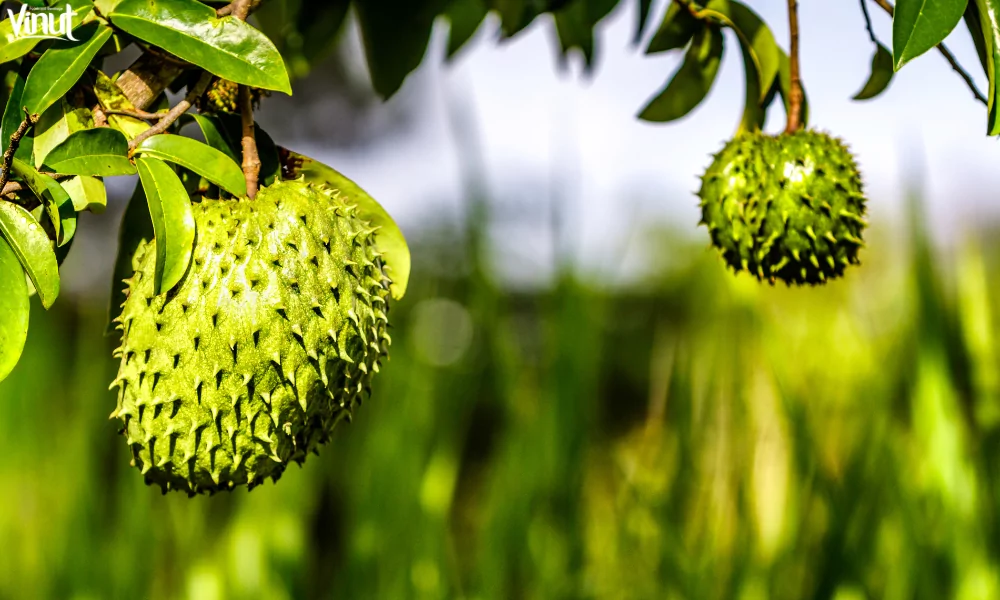
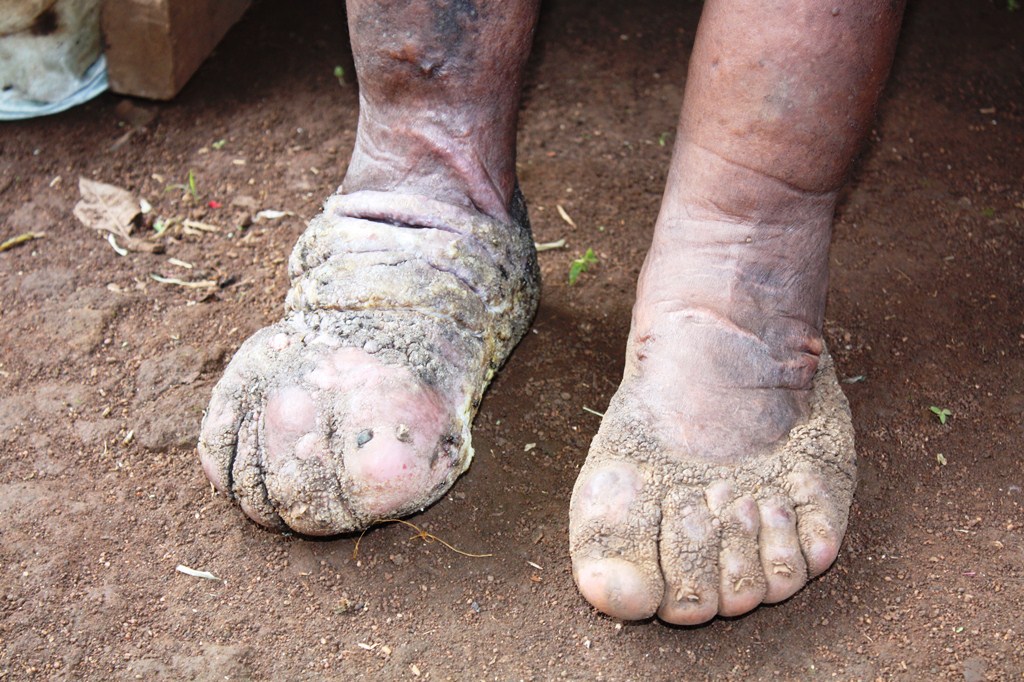
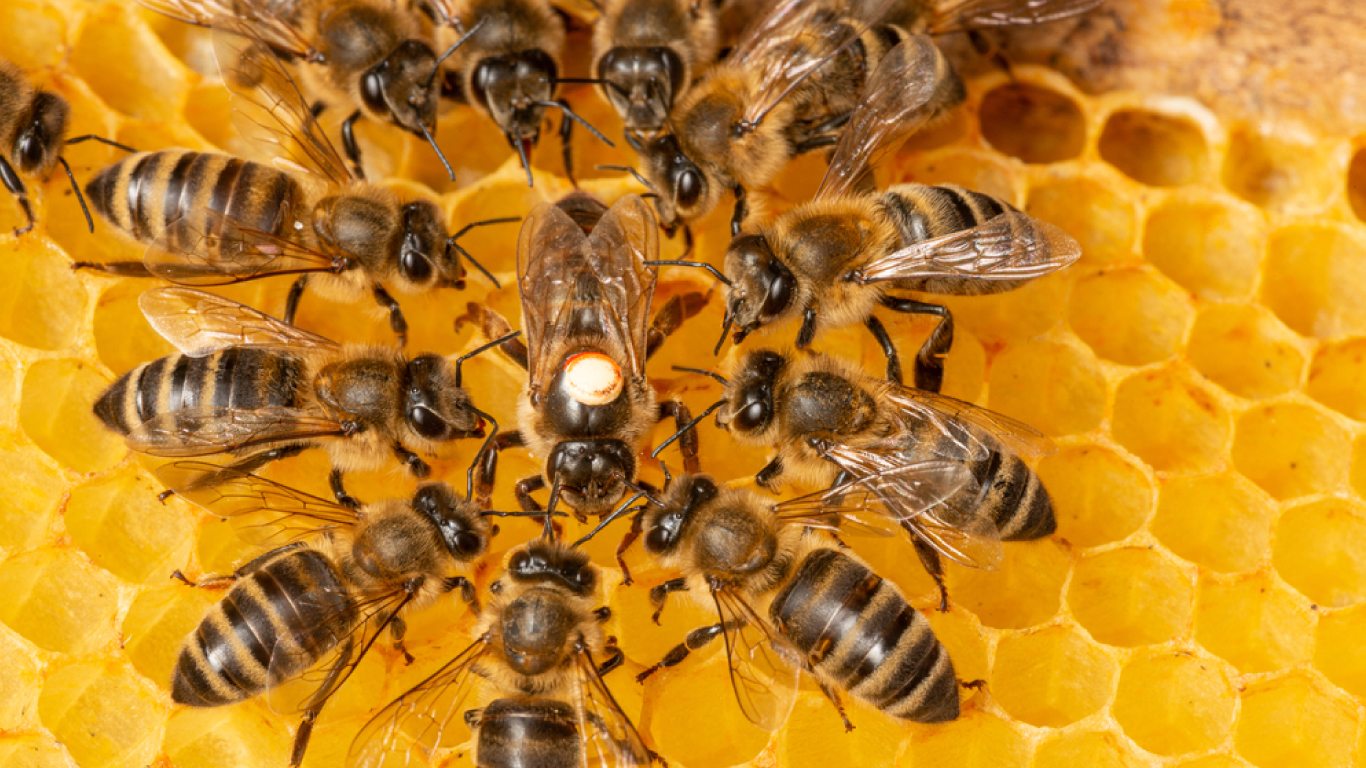
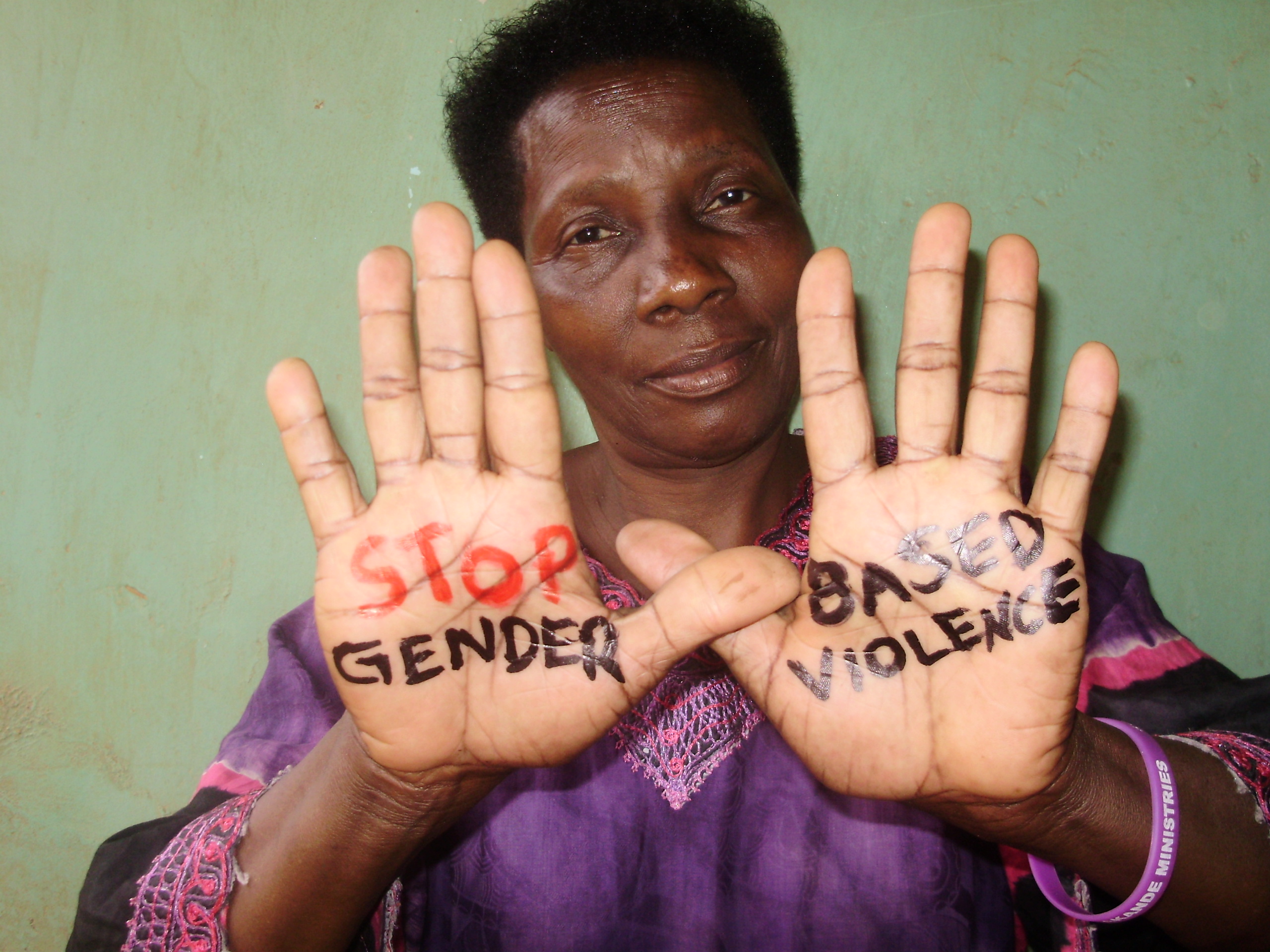
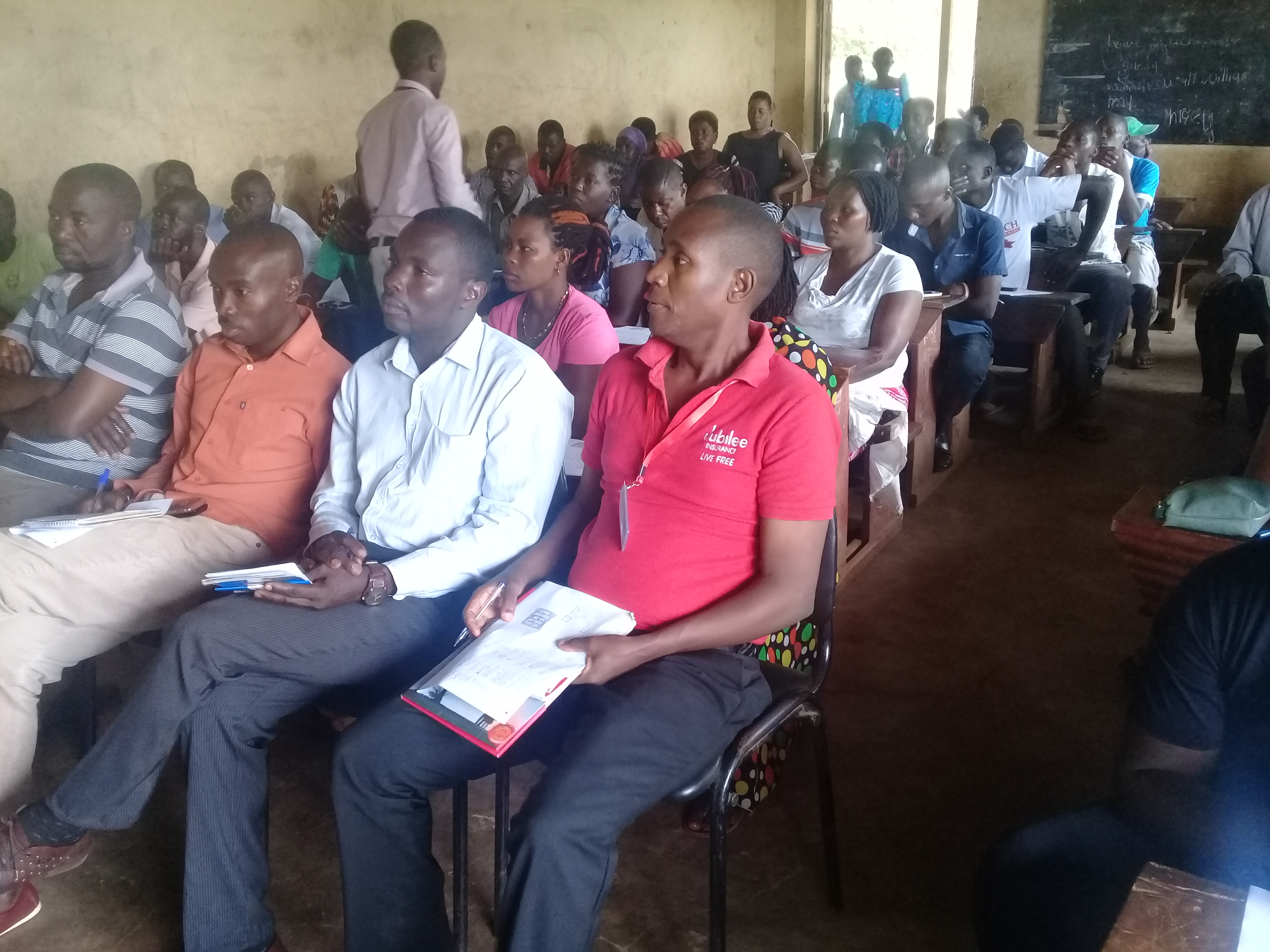

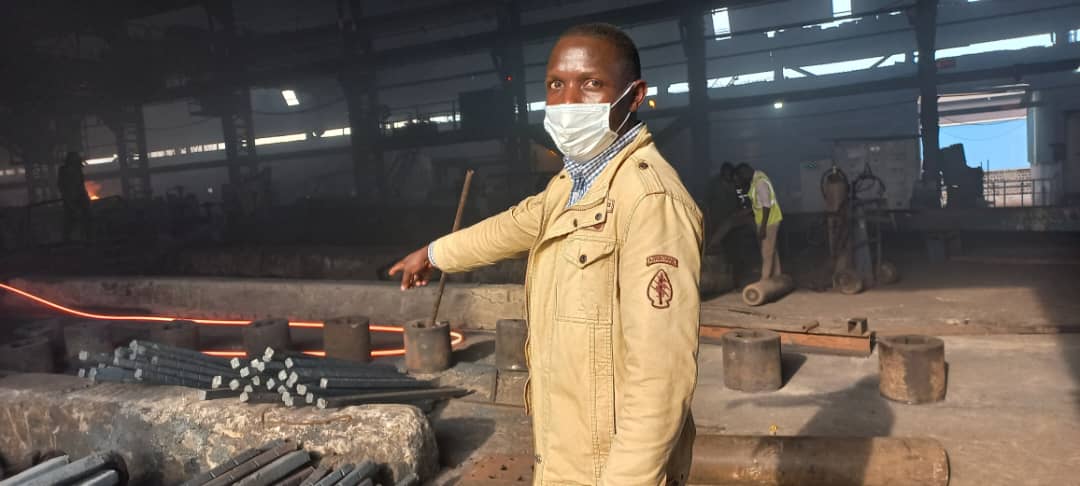
Comments